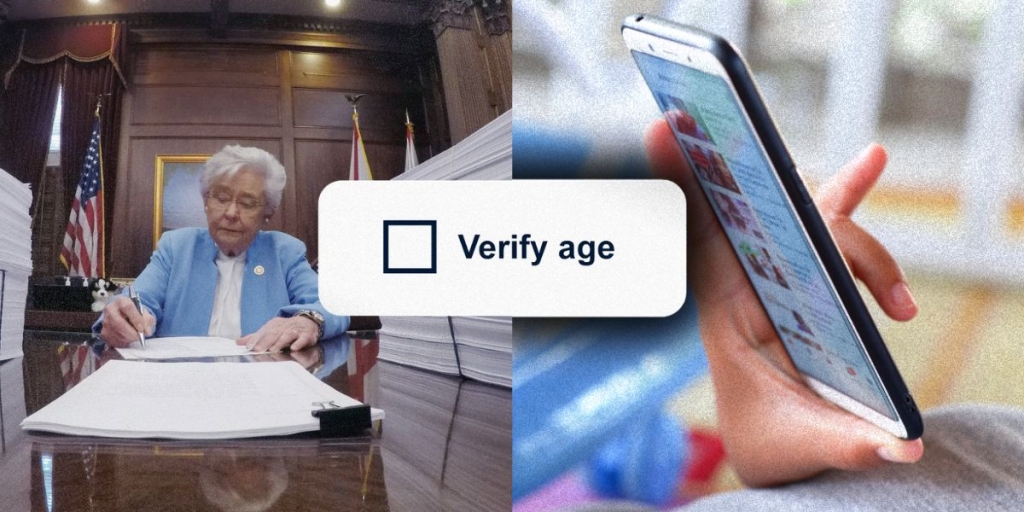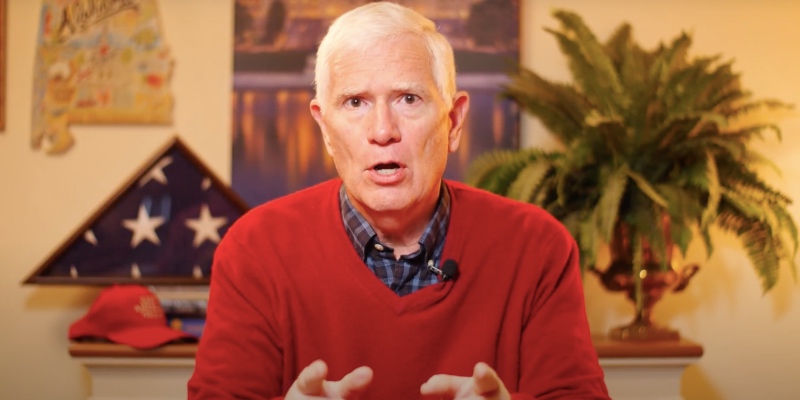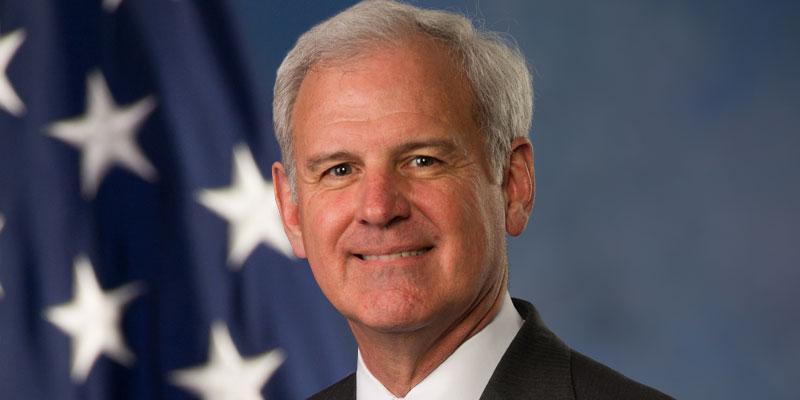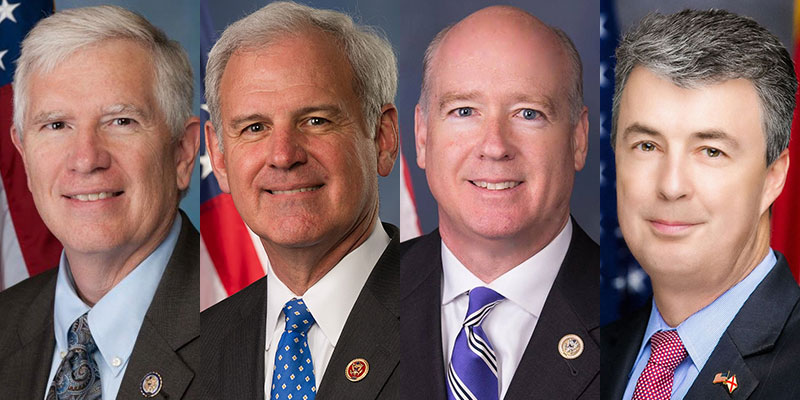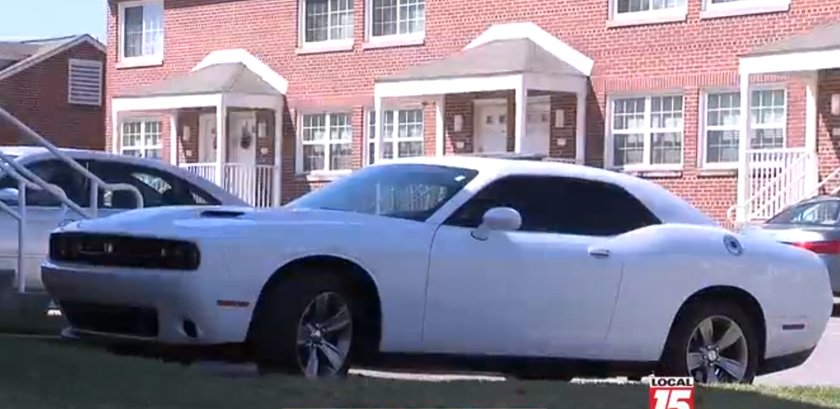
MOBILE, Ala. — A report by the Office of Inspector General of the U.S. Department of Housing and Urban Development revealed this week that thousands of families across the country living in public housing are “overincome,” or making more income than qualifies them for taxpayer subsidized housing, including more than 800 in Alabama.
According to the Department’s report, “Public housing authorities provided public housing assistance to as many as 25,226 families whose income exceeded HUD’s 2014 eligibility income limits. Of these 25,226 families, 17,761 had earned more than the qualifying amount for more than 1 year.”
HUD, however, only requires residents to prove their income falls under the income limit when they move into the housing, but not after. In 2004 the Department gave discretion to local public housing authorities whether or not they would enforce the income limits after a resident had moved in.
“The 15 housing authorities that [HUD] contacted choose to allow overincome families to reside in public housing. HUD did not encourage them to require overincome families to find housing in the unassisted market.”
In Alabama the report found 812 cases of these so-called “overincome” families and individuals living in subsidized housing.
While some of the families overincome only exceeded the limit, which differs based on the location and size of family, by a few hundred dollars, others made tens of thousands. One case in Crenshaw County revealed a family income of $153,016—more than $119,000 over the limit.
In all, there were 6 Alabama families or individuals found who have an annual income of more than $100,000 still living in taxpayer funded housing.
“I make minimum wage, and I wish I did make enough money to get my family out,” Mobile public housing resident Todrick Davis told WPMI.
As a result of these overincome residents, the report states, “HUD did not assist as many low-income families in need of housing as it could have.”
In fact, the Inspector General concluded, HUD will pay $104.4 million over the next year for public housing units occupied by overincome families that otherwise could have been used to house low-income families.
“I wish I could say I was shocked, but I’m not,” said Congressman Bradley Byrne (R-AL1). “This is just another reason why we need to look at a total rethink and reform of all those programs because we are wasting taxpayer dollars, and we don’t have ’em to waste.”
Like this article? Hate it? Follow me and let me know how you feel on Twitter!
— Elizabeth BeShears (@LizEBeesh) January 21, 2015




